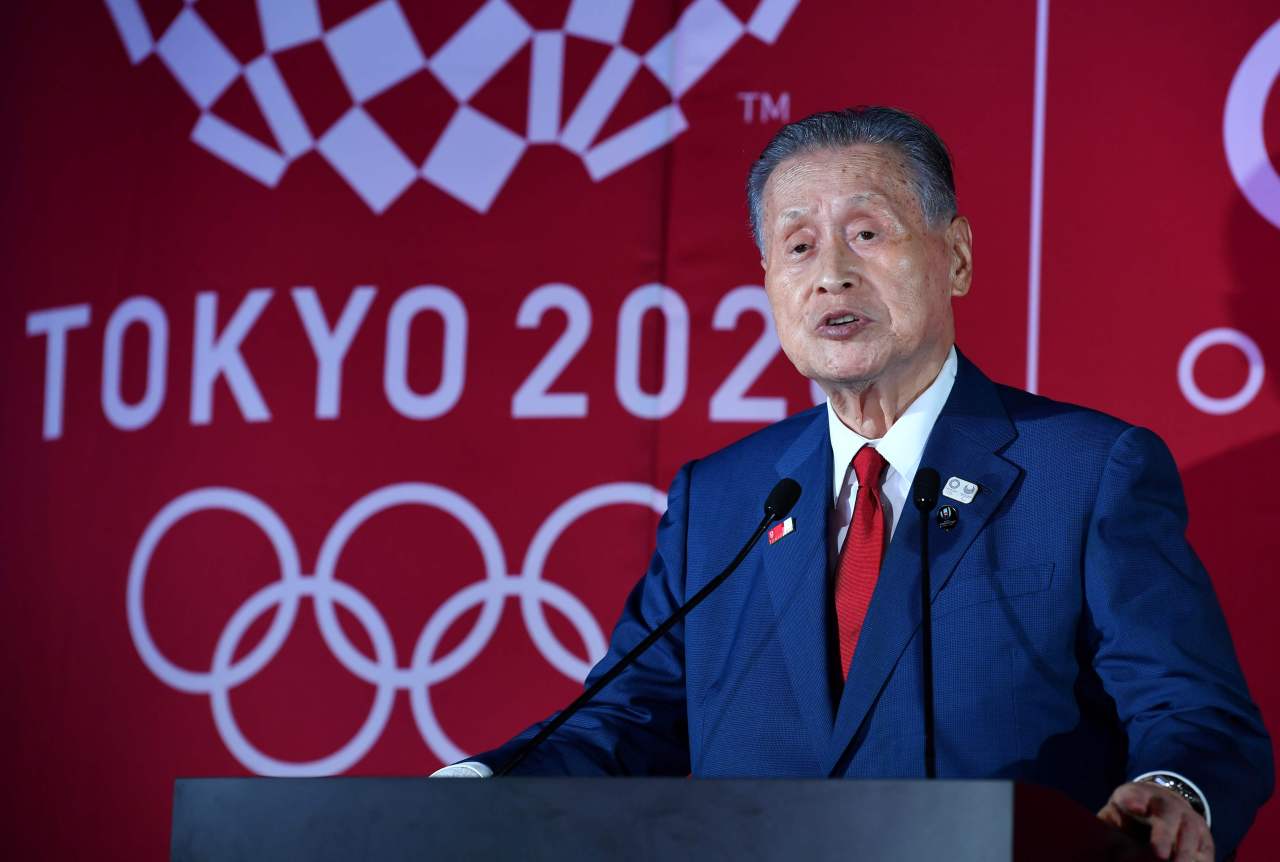 |
In this file photo taken on July 24, 2019 shows president of Tokyo 2020 Olympic Games organising committee, Yoshiro Mori, delivering a speech during a ceremony to unveil the one-year countdown clock for the Tokyo 2020 Olympic Games in Tokyo. (AFP-Yonhap) |
AKIO TOYODA, president of Toyota Motor Corp.
Toyota is one of 14 so-called Olympic TOP sponsors that pay about $1 billion every four-year Olympic cycle to the International Olympic Committee. The company seldom speaks out on politics, but this week President Akio Toyoda said: "The (Mori) comment is different from our values, and we find it regrettable." Toyota and Coca-Cola are also major sponsors of the torch relay, which is to being on March 25. Toyota has not called for Mori to resign. but its comments have received headline attention.
YURIKO KOIKE, governor of Tokyo Metropolitan Government
Koike called Mori's comments a "major issue" for the Olympics. She is one of the few powerful female politicians in Japan and has worked closely on the Olympics. She said she will skip an Olympic meeting next week with IOC President Thomas Bach, Mori, and the national government. "I don't think holding talks under the current circumstances will produce a positive message," she said. "I will not attend the meeting."
KOICHI NAKANO, political scientist at Tokyo's Sophia University
"Koike, as a natural populist, smells political gains by making use of her standing as a prominent female politician. Koike is no feminist, but she knows that being a woman in a very conservative, male-dominated Japan can be used to her advantage. By refusing to attend the meeting she can indicate that she is more in touch with the widely shared sentiment in the Japanese society that Mori should resign."
THE INTERNATIONAL OLYMPIC COMMITTEE
The IOC accepted Mori's apology and said the case was closed. Then it waited almost a week to issue a more forceful statement and said his remarks were "absolutely inappropriate." It pointed out that the local organizing committee also called the remarks "inappropriate." The IOC has not called publicly for Mori to resign. Most of its statement about Mori focused on how it says it has improved gender-equality in the Olympics over the last 25 years.
MIZUHO FUKUSHIMA, head of the Social Democratic Party
Opposition leaders have been pressuring Prime Minister Yoshihide Suga to convince Mori to step down. There are unconfirmed reports in Japan that former Prime Minister Shinzo Abe might replace Mori. Mori got his job in 2014, when Abe was prime minister.
"We must tell the world that Japan is a country committed to making a gender-equal society," Fukushima said. "He (Mori) must step down." (AP)







![[Today’s K-pop] Blackpink’s Jennie, Lisa invited to Coachella as solo acts](http://res.heraldm.com/phpwas/restmb_idxmake.php?idx=644&simg=/content/image/2024/11/21/20241121050099_0.jpg)